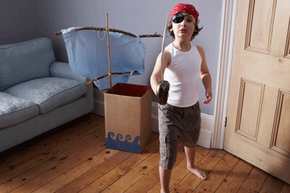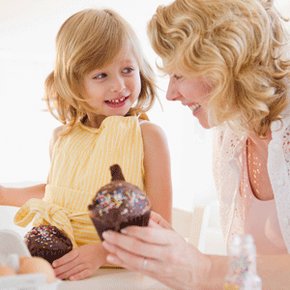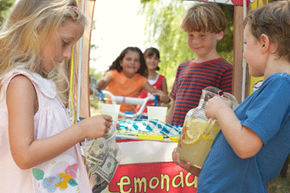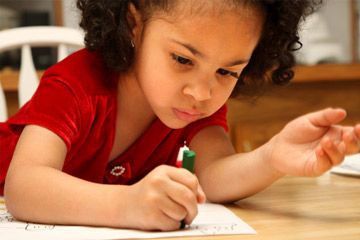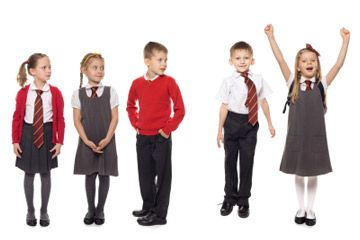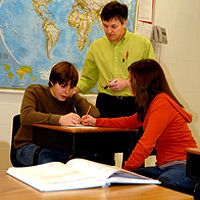With each new school year comes an unfamiliar teacher, expanding academics, new expectations and eye-opening experiences. The excitement can be dizzying for a soon-to-be second-grader, especially in the first days and weeks of that big-kid world.
To be expected, of course. Change isn't simple, whether you're 7 or 70. Luckily, many U.S. school districts put you in a perfect position to help. It's called summer break, and you can use it to help make your child's transition from first to second a smooth one.
Advertisement
No, you won't be teaching summer school -- or at least not that kind of summer school. But you can brush up on first-grade skills, and introduce a few new ones, without your child missing out on any of that well-earned summer fun. Think of it as hiding the veggies in something your child will actually eat, but without the pureeing.
The key is to keep it play-based; just because second grade will be more traditionally academic doesn't mean summer learning has to be. With some creativity (and much less time than you think), these months can be like a second-grade-preparatory extravaganza.
Here, some activity ideas to get you started and inspire your inner cool teacher. They can help bridge the gap between this year and last, readdress skills your child might have struggled with in first grade and make the opening weeks of second grade feel a lot more comfortable.
To begin the learning fun, try putting on a show!
Advertisement
